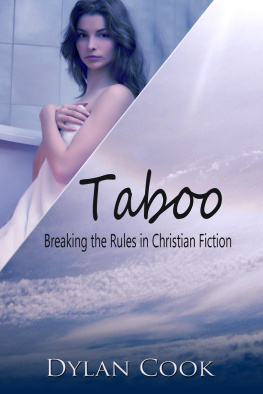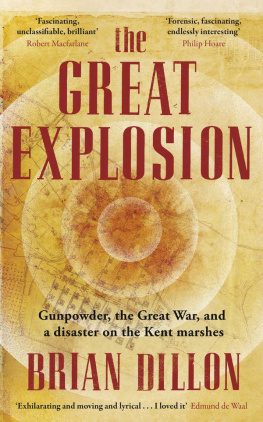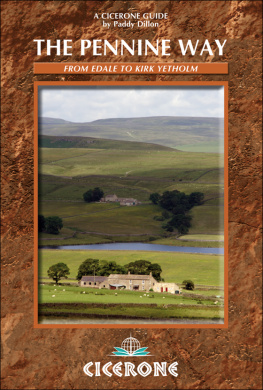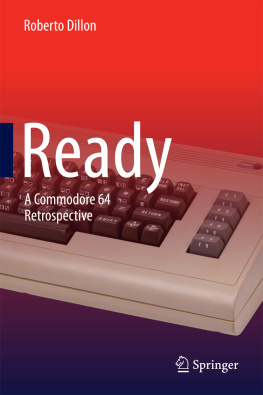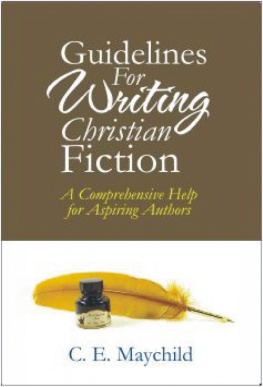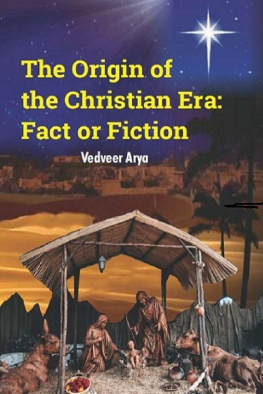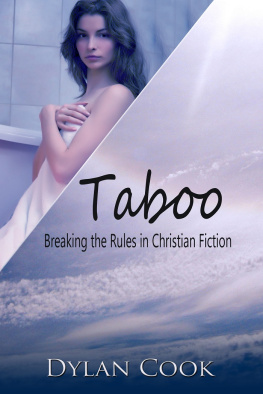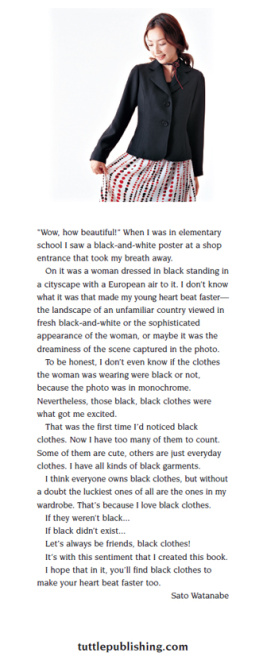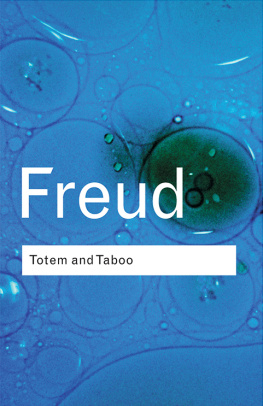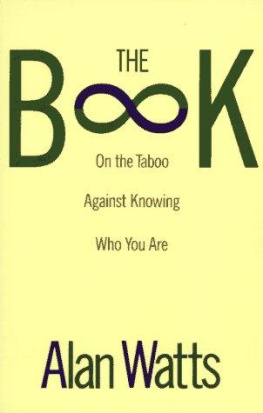TABOO: BREAKING THE RULES IN CHRISTIAN FICTION
by
Grant Dillon
WHISKEY CREEK PRESS
www.whiskeycreekpress.com
ACKNOWLEDGMENTS
A big thanks to all of the featured guests, without whose participation, cooperation, and dedication to the project the book wouldnt exist. Also a big thanks to Bob Hamer, for graciously agreeing to be a part of this project despite his hectic schedule. And special thanks go to Joan Saberhagen, for contributing an interview for the book, and allowing me the honor of dedicating the book to her late husband, Fred Saberhagen. He will be sadly missed by his family, friends, and fans.
Dedication
This book is dedicated to the memory of Fred Saberhagen.
Published by
WHISKEY CREEK PRESS
www.whiskeycreekpress.com
Copyright 2012 by Grant Dillon
Warning: The unauthorized reproduction or distribution of this copyrighted work is illegal. Criminal copyright infringement, including infringement without monetary gain, is investigated by the FBI and is punishable by up to 5 (five) years in federal prison and a fine of $250,000.
Names, characters and incidents depicted in this book are products of the authors imagination or are used fictitiously. Any resemblance to actual events, locales, organizations, or persons, living or dead, is entirely coincidental and beyond the intent of the author or the publisher.
No part of this book may be reproduced or transmitted in any form or by any means, electronic or mechanical, including photocopying, recording, or by any information storage and retrieval system, without permission in writing from the publisher.
ISBN: 978-1-61160-233-3
Credits
Cover Artist: Gemini Judson
Editor: Marsha Briscoe
Printed in the United States of America
Keith Madsen is an American Baptist Minister who has served churches in Kansas, Washington, Oregon, and New Jersey. Presently he is the Associate Pastor of Wilson Memorial Union Church in Watchung, New Jersey. In his pastoral capacity he has counseled many families who have lost teenagers and children, a central part of the story in Searching for Eden. He has also had an intense personal interest not only in the biblical stories about human origins, but also in historical and archaeological research into that subject. He has long thought that had he not become a minister, he would have liked to have become an archaeologist.
Keith has had a love of writing all of his life. He has used his writing talents in a variety of ways, including not only composing material for religious education, but also the writing of plays for use in church and community theater. He has also done some acting himself, having particularly enjoyed playing the roles of Jack (C.S.) Lewis (Shadowlands), Atticus Finch (To Kill aMockingbird), and Porfiry (Crime and Punishment.) This background in drama has helped him both with character development and his dramatic touch in writing novels. Keith finds that being part of helping characters come alive in a story is one of his greatest life pleasures.
Keith lives in Laurence Harbor, New Jersey, with his wife Cathy. Together they have a yours, mine, and ours family of four daughters (Jennifer, Angie, Carina, and Kayla), a son (Brandon) and nine grandchildren.
* * * *
You must be a new voice in inspirational fiction; uplifting, but not preachy. Did you intend for your subject matter to come across to your readers this way?
Most certainly. Too much Christian fiction is like a sermon or Sunday School lesson put into story form. What it needs to be instead is real people wrestling with real issues, coming to find hope, but only after struggle. Only when the reader senses the story is real will they identify with the characters, and thus find in this fictional story something of their own life story.
The line Christian writers have to walk in order to not offend their target audience is a thin one indeed. Has it ever been hard for you make a decision about what should or should not be in your books?
Of course! All the time. However, when it comes right down to it, there is very little a person can write of consequence that will not offend someone. In the end, a Christian writer has to write to please God, not to try to avoid giving offense to some group of people. As I write that it sounds a little elitist, as if I alone know what pleases God. However, as imperfect as my knowledge is (1 Corinthians 13:12 is a favorite verse!), it is still what I believe God commissions each of us to do. How can you believe if you accept praise from one another, yet make no effort to obtain the praise that comes from the only God? (John 5:44)
Part of the problem is that it seems to me that too many Christians get offended at the wrong things. Tony Campolo, at some of his talks, used to tell audiences of Christian young people something to the effect of, thousands of children are dying every day around the world, but most of you dont give a (expletive deleted). Then he would go on to say that the real tragedy was that most of them were feeling more offended by the street term he used than were offended by the number of children dying. What truly offends God is when injustice is done to the poor and oppressed, and his followers are on the side of the oppressors (Isa 1:12-20). What offends him even more is when God wants to offer people grace and forgiveness, and his followers would rather offer judgment. Paul really got upset with the Galatians for doing this. They were trying to water down the gospel of grace by requiring gentile converts to be circumcised. Paul wrote of these people, I wish they would go the whole way and emasculate themselves! (Gal. 5:12). My New Testament professor (who, of course, knew Greek far better than I) used to say that the English word emasculate was a far more polite word than the Greek word Paul used, a word that was Koine Greek or street language! My guess is some people were offended.
I dont want to sound like Im in favor of tossing away all restraint on language, because I am not. Most people think Im almost Puritanical in relation to how I use language myself. However, I am saying, in part, there are bigger issues. I would also say, however, that when it comes to drawing characters in stories, they should be drawn accurately and effectively. This means they should use language that one would find in a character of their type. You dont introduce a pimp and have him talking like a Sunday School teacher. Also, to really well-define a hero or protagonist, you define him or her in part by contrasting them with a foil or contrasting character. You are defining your lead character by showing what he or she is notthey are not this foul-mouthed sleaze who opposes him or her.
Also, from a biblical perspective, one should be more concerned with using Gods name in vain than with street language. There are no clear biblical injunctions against street language. What I try to do in my books, on occasion, is have a lead character talk to a character who is using inappropriate language. Here is an example from my book Searching forEden (available through www.clublighthousepublishing.com and www.amazon.com ). In this excerpt, BehnAm, a devout Muslim, is talking with Carmen, a fourteen-year old former prostitute, who Evan, the main character, is trying to rehabilitate:
EXCERPT:
Wait! Wait! Carmen yelled as she scrambled toward the bus. She climbed back into the rear seat. God! If you guys are getting tired of me, just say so. No need to leave me stranded in a desert!
You know, young lady, said BehnAm, even though you do not refer to God as Allah, in an Islamic culture using Gods name in vain is taken as a very serious offense.

